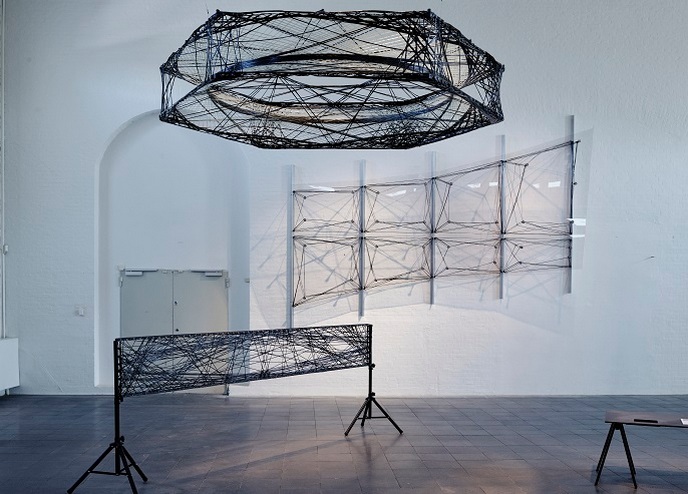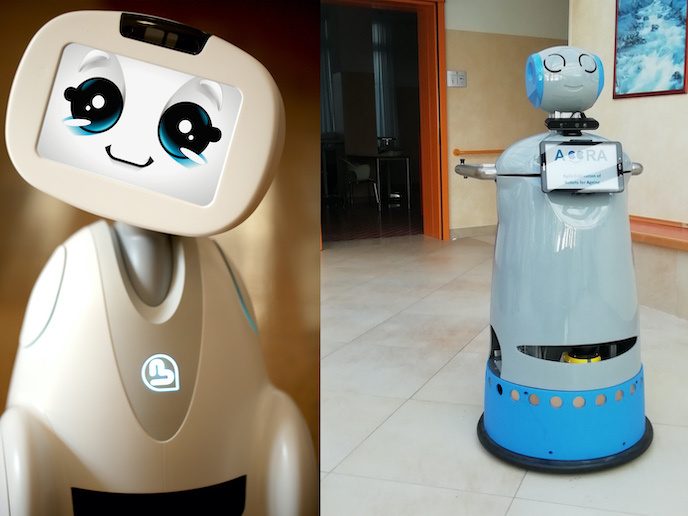Advancing processes for plastics manufacturing
Injection moulding constitutes the most important plastics manufacturing process, producing polymer parts for large as well as sophisticated high technology applications. As a result, the demands for process control, stability and properties insurance are quite high. Furthermore, the emerging use of injection moulding for micro products necessitates deep understanding of the physics of the processes involved. The ‘Polymer injection advanced moulding’ (PIAM) project was designed to develop a new generation of predictive tools for polymer injection moulding. As an initial step, researchers identified issues related to the existing software packages and data acquisition processing. The potential of these software packages to be extended to other polymer systems was also examined and the capabilities of new ones were specified. Newly developed software offered reduced computation times with more than one million unknowns and improved 3D modelling of the injection moulding process. Project partners performed advanced physical investigations of thermoplastic polymers and more complex systems. Additionally, some new experimental devices were constructed allowing for measurement of crystallisation mechanisms and pressure-volume-temperature as well as kinetics under severe conditions. Introduction of these data into the 3D injection moulding software allowed project partners to master the various stages of the process and predict various parameters including macromolecule and fibre orientation as well as polymer crystallisation. Project deliverables will certainly advance current practices of injection moulding and could lead to an expansion of the domains of application of injection-moulded parts.







